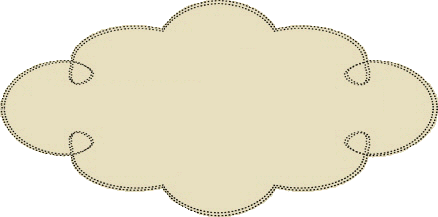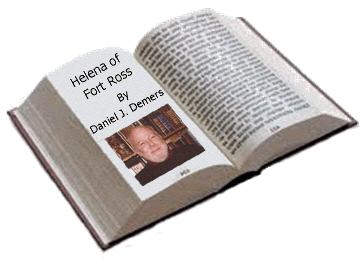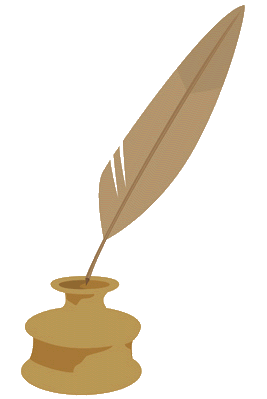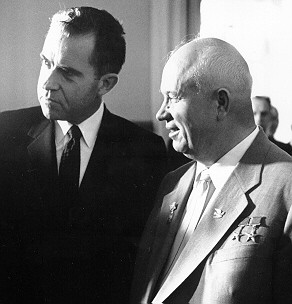Two weeks before the Moscow debate, President Dwight D. Eisenhower had invited the portly Soviet dictator to visit the U.S. The invitation, which Khrushchev had quickly accepted, was a diplomatic accident. Eisenhower had instructed the U.S. ambassador to condition the invitation on an acceptable arrangement keeping Berlin an open-sectored city under joint U.S., British, French, and Soviet control.
Khrushchev had demanded U.S., British, and French military missions abandon the city which was wholly inside Communist East Germany. Ever since the end of World War II, Berlin had been a thorn in the Soviet Union's side, forcing them to grant access to the city to the Western powers' military and commercial interests.
Khrushchev was dumbfounded when he received Eisenhower's invitation. The U.S. ambassador (who personally delivered the written invitation) forgot to verbally add the codicil concerning Berlin. The wily Khrushchev, envisioning the potential diplomatic coup, immediately accepted.
Before this flurry of diplomatic activity, the ADA had quietly begun preparing to celebrate its centennial anniversary. The organization had grown from 26 members in 1859 to 125,000 in 1959. As part of its scheduling, the organization contracted for the use of several convention rooms and the grand ballroom of the Waldorf Astoria Hotel in New York City. The ADA had scheduled the ballroom for September 17, 1959, as the site for the ADA's House of Delegates official legislative session. Nearly 55,000 dentists from throughout the U.S., along with representatives from 64 foreign countries, were expected to converge on New York City to participate in the festivities. According to Carlson, the event would prove to be "the largest assemblage of dentists in history." Coincidentally, while in New York City, Khrushchev was being housed at the Waldorf Astoria, an international symbol of capitalistic opulence.
Khrushchev was crude and pugnacious, coupled with a mercurial temper. He seemed unstable and threatening, publicly telling the U.S. and its Western European allies at a reception in Poland "We will bury you." On another occasion while attending the general assembly of the United Nations in New York City, he became so enraged that he took off a shoe and pounded it on his delegate desk in protest.
Page 1
By Daniel Demers, DrBicuspid.com contributing writer



THE WRITINGS OF
DANIEL J. DEMERS
Continued Page 2
Courtesy of:


December 5, 2013 -- Like millions of Americans in the summer of 1959, Harriet Van Horne, a New York City newspaper columnist, saw the famous impromptu Moscow "Kitchen Debate" between Soviet Premier Nikita Khrushchev and U.S. Vice President Richard Nixon on the evening news.
The debate was essentially a shouting match during which the two vociferously touted their respective socioeconomic systems -- communism versus capitalism. The following day, Van Horne wrote, "Mr. Khrushchev needs dental repairs." She was referring to the gap between his two front teeth engulfed in a round face on which several large unflattering warts grew. The bald Khrushchev was 5 feet 1 inch tall and weighed 200 pounds. Peter Carlson, in his book K Blows Top, wrote the combination of the teeth, the wart, and the "huge pot belly made him look like a man shoplifting a watermelon."
When the ADA took on Nikita Khrushchev
U.S. Vice President Richard Nixon and Soviet Premier Nikita Khrushchev in July 1959. Image courtesy of the U.S. National Archives and Records Administration.

E-MAIL ME ddemers901@sonic.net

